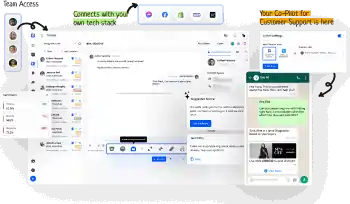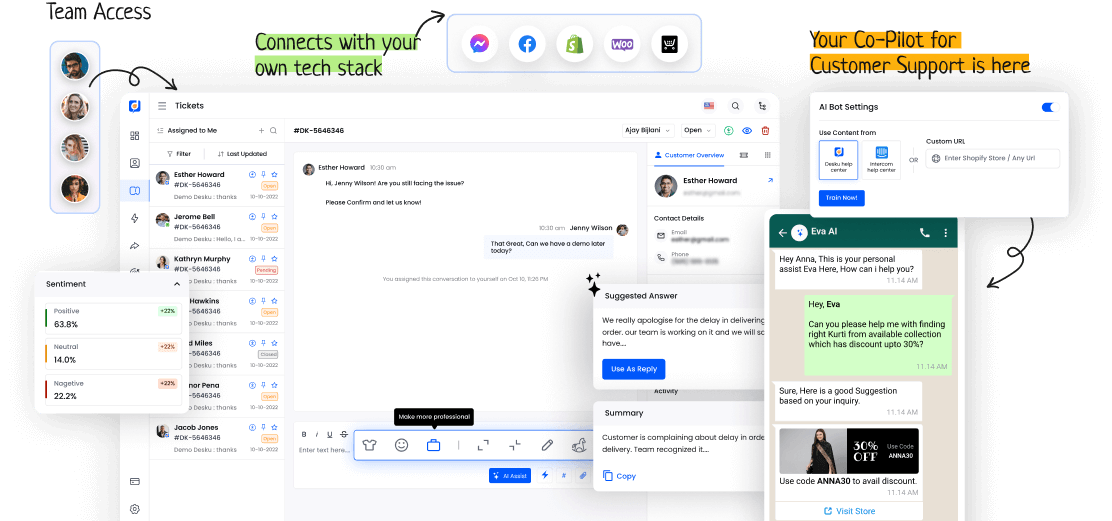In the world of digital talk, a Custom Status looks simple. But, it's more than just a name tag. It's a flexible feature found in many platforms. It shares small details about a user. It might show if they're busy, their mood, or a peek at their character.
It lets people make their own status messages. A Custom Status is more than a chat tool. It's a key to a unique interaction experience. This feature has a big effect. It's also very adaptable.
It's worth a deeper look to see its full power and potential in shaping online chats.
I. Definition of Custom Status
A custom status is a personal sign. It shares specific data or conditions in a system or platform. It gives personal touch choices and acts as strong communication tools. It lets users make their own status messages. This improves connection and gives a fast view of someone's availability or mood.
These features are key. They help smooth communication and link within many digital areas.
II. Importance and Usage of Custom Status
Custom statuses in digital platforms increase user engagement. They give a quick view of a person's availability or mood. They're important because they allow for personalization and communication cues.
They improve real-time talks and help in good communication within teams or social groups. This custom feature is a useful tool. It helps to share information quickly and creates connections among users.
III. Examples of Custom Status Applications
Custom status applications are popular on digital platforms to boost user experience and communication. They use personalized messaging, letting users express themselves uniquely. More people on social media prefer custom statuses. They help share thoughts, activities, or feelings effectively.
These applications increase connection and engagement. They are important tools in today's online interactions.





